This November Denver voters will decide whether to increase the sales tax by 0.5%. This new tax is expected to yield $100 million each year, which will be used by the city “to expand and preserve affordable housing for low- and middle-income families and individuals.”1
Strong Denver applauds the city for zeroing in on the right problem – unaffordable housing. But this is the wrong solution, and we urge a “no” vote.
The ballot measure founds its case on a 2024 draft Regional Housing Needs Assessment conducted by DRCOG which points out that the Denver area has failed to produce sufficient housing to keep pace with population growth, such that 500,000 new homes are needed by 2050. It further cites other studies showing that there will be a shortfall of 50,000 units for lower income people in the city.2
The ballot measure’s proponents point out that between 2000 and 2022 wages in Denver have risen 110% while the cost of housing has risen 220%.3 This clearly means housing is less affordable for everyone.
These are the problems that this ballot measure purports to solve. Except it doesn’t.
All the money to be raised with this new tax would go to the city’s Department of Housing Stability (HOST). The ballot measure does not specify in any detail what projects will be funded. Instead, the city council will rely on detailed proposals to be developed by HOST after the election.4 Nowhere does the ballot measure require HOST to develop programs that actually fill the gap in affordable units or reduce the cost of housing for everyone. And this HOST budget increase would employ a regressive sales tax.
This year HOST already plans to spend almost $250 million.5 Yet in HOST’s own 2024 Action Plan, they commit to building only 675 rental and for-sale homes by 2026.6 If we increase their budget by an additional $100 million, then simple math indicates that they will build less than 300 more homes. We have a massive shortfall of new homes at all price ranges, and HOST will likely deliver in total less than a thousand units targeted at low-income earners in the next couple of years.
This is a very expensive drop in the bucket.
Even more concerning, while the city recognizes that housing unaffordability has reached crisis levels, it has taken no steps to address the primary cause of this emergency as identified by DRCOG’s Housing Needs report and countless economists: arbitrary restrictions on creating housing that have compounded over decades to lock out all but the highest bidders.7 Despite an explosion of peer cities rolling back similar restrictions8, many of which were designed to exclude by race and class9, Denver has failed to live up to its forward-thinking, inclusive reputation by choosing not to pursue common sense reforms.
In this ballot proposal, the city makes no mention of any policy changes that can make a real difference, quickly, in our supply of housing. These include:
- zoning reforms which help bring back the “missing middle”10
- streamlining permitting and allowing by-right construction where it makes sense
- repealing parking mandates
- reducing minimum lot sizes and setbacks
- enabling the construction of ADUs throughout the city
- allowing smaller scale, single-stair apartment buildings
- offering pre-approved plans so homeowners can start construction immediately
- expediting public housing construction for low-income Denverites
- fostering an ecosystem of incremental, small-scale developers
These and other reforms have been proposed over and over again by housing experts.11 Similar reforms have also proven to be effective in broadly reducing housing costs in other cities.12 Without such changes, many of Denver’s most cherished neighborhoods and main streets would be illegal to replicate. Yet our city ignores all these solutions in this ballot measure. Instead, this proposal will provide rental and for-sale homes for less than a thousand households, and add more regulatory complexity and complicated funding schemes. It will provide no relief for the vast majority of Denverites who will continue to compete for scarce housing outside the program.
Strong Denver favors a self-sustaining system capable of providing affordable housing for all income levels. We celebrate the progress Mayor Johnston and the planning department have made in reducing residential permitting times by 30% and we encourage the city to build on that success and pursue further improvements which facilitate more freedom, flexibility and housing choice for Denver residents.
The right solution for Denver’s housing crisis will focus on removing ill-conceived barriers from the past and will facilitate the flourishing of sustainable, walkable neighborhoods with diverse housing options for all household types and income levels. Our priority must be to figure out how to build tens or even hundreds of thousands of new units, across every price range, as soon as possible. This ballot measure will not do that.
- Denver Council Bill no. 24-0972, page 8. https://www.denvergov.org/files/assets/public/v/2/mayor/documents/mayor-council/24-0972_filed-bill_affordable-housing-sales-and-use-tax-referral.pdf ↩︎
- Ibid., page 4. For DRCOG’s Regional Housing Needs Assessment, see: https://drcog.org/sites/default/files/acc/RPD-GF-DRAFTRHNA-EN-ACC-24-07-29-V1.pdf. For Root Policy Research, see: https://www.rootpolicy.com/our-projects/. ↩︎
- Ibid. ↩︎
- Ibid., pages 5-8. ↩︎
- Denver Department of Housing Stability, 2024 Action Plan, page 59. https://denvergov.org/files/assets/public/v/1/housing-stability/documents/6.21-edit_host_2024actionplan_c6-eng.pdf ↩︎
- Ibid., page 17. ↩︎
- Edward Glaeser and Joseph Gyourko, “The Economic Implications of Housing Supply,” National Bureau of Economic Research Working Paper No. 26346, October 2019 ↩︎
- https://www.npr.org/2024/02/17/1229867031/housing-shortage-zoning-reform-cities ↩︎
- Richard Rothstein, The Color of Law: A Forgotten History of How Our Government Segregated America, 39–75 ↩︎
- See https://missingmiddlehousing.com ↩︎
- See, e.g., www.strongtowns.org/housing, and www.yimbydenver.org/events/single-stair-reform-panel ↩︎
- Ryan Greenaway-McGrevy and Peter C.B. Phillips, The Impact of Upzoning on Housing Construction in Auckland, Economic Policy Centre, Working Paper No. 006, May 2023 ↩︎

